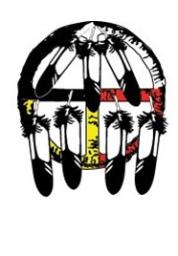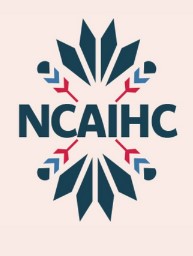Editorial Statement on American Indian Terminology
Statement
Some documents within MosaicNC’s database of historical records contain references to American Indian groups. While original documents always are transcribed as they were written, the linked annotations and exhibits on MosaicNC are meant to provide appropriate context and interpretation, making these historical documents approachable and understandable for a modern audience.
When writing about American Indian people and nations, editors have consulted resources from federally or state recognized tribes in order to write about tribal nations using their own perspectives and terminology. For example, the use of the word “Twightwee” in the original text has been changed to “Miami” in the annotation in order to better reflect the preferences of the Miami nation today. In this case, the inclusion of the secondary term “Twightwee” in the title of the identification is not meant as an endorsement of that word, but to educate researchers who might not be aware of the Miami people’s preference.
Moreover, the descriptions of American Indian nations that appear in this edition contain information through to the present day wherever possible. It is the intention of the MosaicNC editors to demonstrate that American Indian communities and their cultures are still vibrant today, despite the many hardships they have faced over the last 400 years.
In interpreting the complex histories of native people, MosaicNC’s editors have chosen to use certain words or phrases over others. For example, the editors prefer to use “white colonists” over terms like “white settlers” in order to better acknowledge the colonial seizure of native people’s ancestral homelands. The use of terms such as “nation” are also intended to acknowledge American Indians’ sovereignty, both in a historic context as well as in the modern era.
As it pertains to broader terms—such as American Indian, Native American, Indian, Indigenous, etc.—the editors tend to use “American Indian,” the terminology embraced by both the North Carolina Commission of Indian Affairs and the North Carolina American Indian Heritage Commission. Whenever possible, however, the editors strive to refer to culturally distinct groups of Native people by their appropriate tribal names.
For further reading:
“American Indian History and Heritage Teachers Guide,” EDSITEment: National Endowment for the Humanities (2022) https://edsitement.neh.gov/teachers-guides/american-indian-history-and-heritage
Native Knowledge 360°, “Framework for Essential Understandings about American Indians,” National Museum of the American Indian (2022) https://americanindian.si.edu/nk360/pdf/NMAI-Essential-Understandings.pdf
Native Knowledge 360°, “The Impact of Words and Tips for Using Appropriate Terminology: Am I Using the Right Word?” National Museum of the American Indian (2022) https://americanindian.si.edu/nk360/informational/impact-words-tips
North Carolina Commission of American Affairs, “NC Tribal Communities,” North Carolina Department of Administration (2022) https://ncadmin.nc.gov/public/american-indians/nc-tribal-communities
“Why it Matters,” Native Land Digital (2022) https://native-land.ca/about/why-it-matters/


